Back in 1990, Grandpa from The Simpsons wrote a letter of protest to TV-makers. ‘I am disgusted with the way old people are depicted on television,’ he told them. ‘We are not all vibrant, fun-loving sex maniacs. Many of us are bitter, resentful individuals who remember the good old days.’
Thirty-three years on, it’s a protest that continues to fall on deaf ears, as we saw once again in the first part of Kathy Burke: Growing Up (Wednesday). The starting point was Kathy’s own 58th birthday, which had clearly come as rather a shock to her – and, given her take-no-nonsense (polite version) spikiness, you might have thought that the programme would dispense with the customary platitudes and wishful thinking in favour of something funnier and more candid. Instead, the result was just an admittedly swearier version of the usual reassuring message that getting old needn’t be an obstacle to anything.
The programme also confirmed the truth of the suitably elderly gag that there are three stages in life: youth, middle age and ‘you’re looking great’. Meeting her showbiz chum Jennifer Saunders, 64, Kathy duly exclaimed, ‘You look incredible’, and received a ‘You look gorgeous’ in return. Next up was an 85-year-old model whose loveliness Kathy praised at some length, believing it ‘debunks the myth’ that youth and beauty go together – even though, let’s face it, they kind of do. And with that, she went off to tell a group of cheerful old women knitting in Lewisham that ‘You look amazing’.
Luckily, there was still room for the traditional business of complaining about the inadequacy of the state pension – which ensures that some septuagenarians have to keep working. By way of a typical example, Kathy visited Cherie, a 71-year-old dominatrix. ‘There’s my whipping bench,’ said Cherie as she showed her guest around – adding, more mysteriously, that ‘I do judicials there too’. (Less mysterious were the instruments that she uses on her clients to ‘give their bits a whack’.)
Despite the best efforts of all concerned, a few downsides to the ageing process did sneak out occasionally: among them the difficulty of stairs, the increase in ailments and the inability to drink as much as before. Yet these were soon brushed aside so that Kathy could reach the ringing, if perhaps not entirely honest conclusion that ‘I see growing older as a blessing’.
The following night she was back for Growing Up part two, in which she explored what it’s like to be young today. Freed from the obligation to come to a pre-ordained conclusion, this episode proved a lot more fruitful, with Kathy thoughtfully pondering the surprising number of pros, as well as the more familiar cons, of the gig economy and of living an online life. (Along the way, we learned that after years of relying on dating apps, some young people are now experimenting with a strange new approach: meeting each other.) Curiously, though, at no stage did she tell any of her youthful interviewees that they looked good – mainly, of course, because she didn’t need to.
If our own Lionel Shriver received royalties for every headline and programme title based on her 2003 novel We Need to Talk about Kevin, she’d surely be filing for The Spectator from a solid gold house. But, along with its debt to Shriver, We Need to Talk About Cosby represents another, somewhat newer trend as well – the one for TV biographies that would once have lasted an hour now stretching to several episodes.
Sunday’s programme, imported from the US network Showtime, was therefore the first in a four-part investigation into somebody it considers one of America’s most important post-war cultural figures – which a) he may well have been and b) is possibly a problem for British viewers, to whom few concessions are made.
Bill Cosby emerged in the 1960s as just the thing his country needed: a smart, affable black comedian who didn’t frighten the white folks. He was given his big break by an unexpected hero of the civil-rights movement – Hugh Hefner, who invited him to perform at the Playboy club in LA. Having married young, Cosby also radiated the essence of family man.
Except, that is, when he was apparently drugging Playboy bunnies (and others) prior to assaulting them, a habit that didn’t come to light until 2014 but was certainly fully illuminated here.
The programme’s provenance inevitably meant that we got plenty of anguished discussion about race in America. It meant, too, that a British audience may not feel the almost personal sense of betrayal that animates the series, and that its viewers are clearly intended to share. Fortunately, even if it does always seem as though we’re peering into the story from the outside, there’s no denying that this is quite a story to peer into.
Got something to add? Join the discussion and comment below.
Get 10 issues for just $10
Subscribe to The Spectator Australia today for the next 10 magazine issues, plus full online access, for just $10.
You might disagree with half of it, but you’ll enjoy reading all of it. Try your first month for free, then just $2 a week for the remainder of your first year.

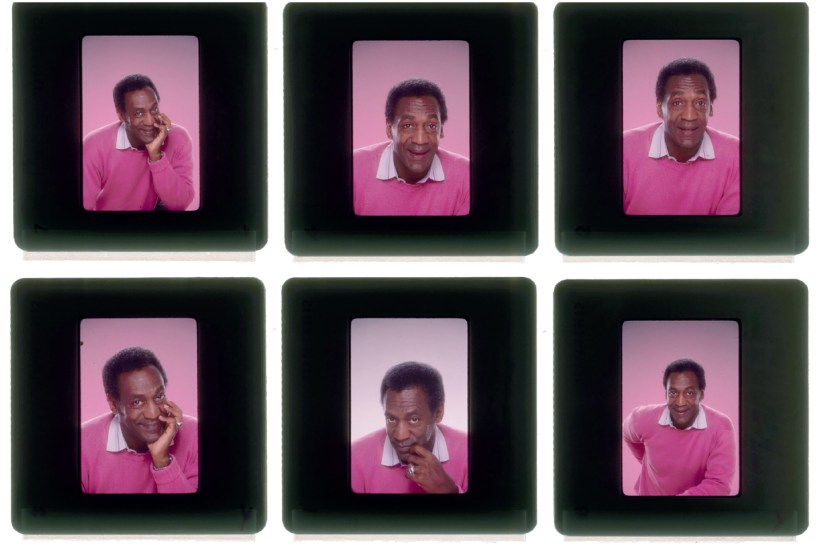
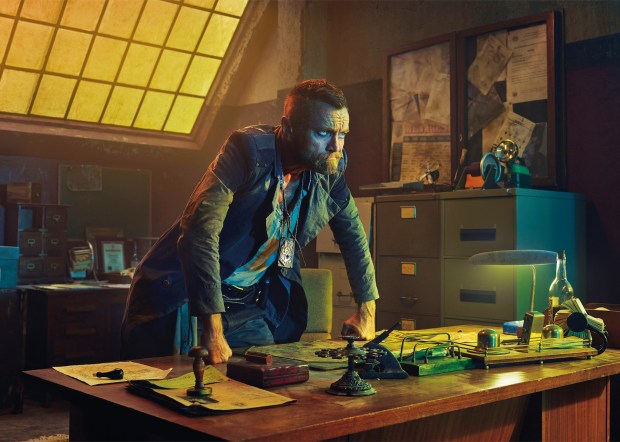
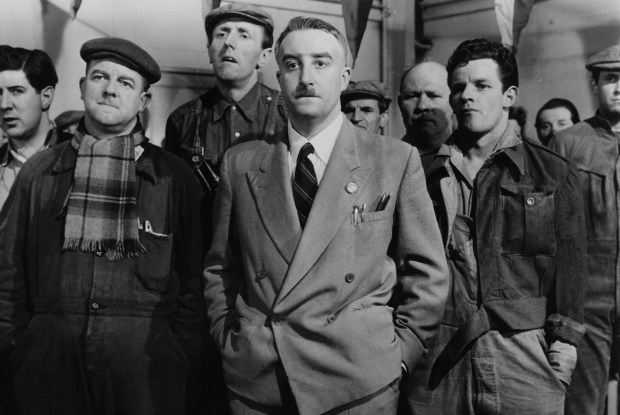


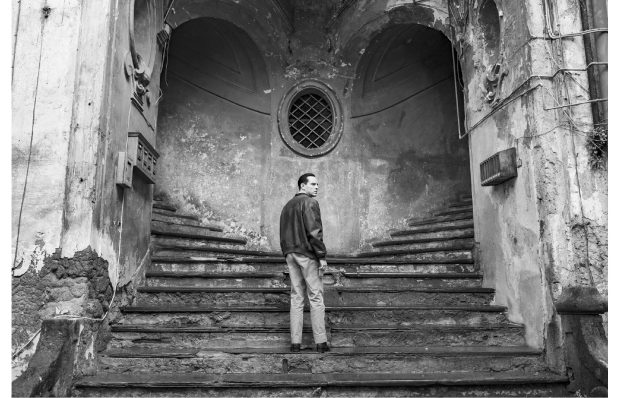
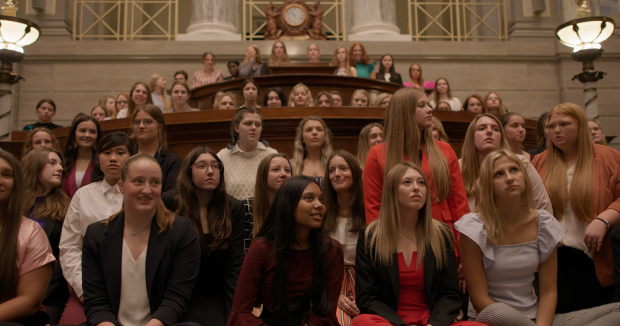






Comments
Don't miss out
Join the conversation with other Spectator Australia readers. Subscribe to leave a comment.
SUBSCRIBEAlready a subscriber? Log in